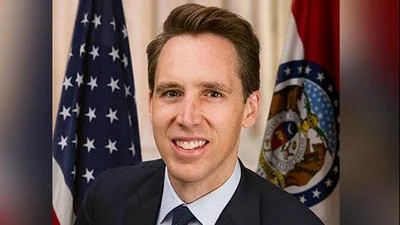Rep. Jason T. Smith, U.S. Representative for Missouri's 8th District | Official Website
Rep. Jason T. Smith, U.S. Representative for Missouri's 8th District | Official Website
Taxpayers are not seeing the promised return on investment from billions allocated to modernize the IRS, according to expert witnesses at a Ways and Means Oversight Subcommittee hearing. Despite $4.8 billion for IT modernization, the IRS received a "D" grade from the National Taxpayers Union. Witnesses noted that outdated systems, some dating back to 1959, hinder progress and pose security risks.
Democrats claimed increased enforcement funding would boost revenue, but actual returns have fallen short of Congressional Budget Office (CBO) projections by 56 percent through 2024. Rep. David Schweikert emphasized the need for improved customer service using new technologies like artificial intelligence instead of hiring more agents.
Minesh Ladwa stated that adopting such technologies is feasible if taxpayer needs are understood. The CBO's fiscal projections have repeatedly missed targets, including overestimating revenues from both the Inflation Reduction Act and the 2017 Trump tax cuts.
Chairman Jason Smith criticized CBO's track record, while Hayden Dublois attributed inaccuracies to overstated IRS efficiency and an implicit bias in CBO estimates. Dublois called for self-reflection within CBO to prevent future errors.
Rep. Beth Van Duyne highlighted a leak of confidential taxpayer data by an IRS contractor, contrasting it with concerns about privacy under Elon Musk's Department of Government Efficiency (DOGE). She advocated for transparency with proper oversight.
The Biden-Harris Administration's promises of improved IRS customer service also fell short. Less than one-third of calls were answered by live personnel despite assurances from former Secretary Janet Yellen. Nina Olson clarified that only 32 percent of calls reached live assisters during the 2024 tax season.
Rep. Rudy Yakym underscored discrepancies between administration claims and actual service levels, citing arbitrary goals leading to neglected areas like paper correspondence.




 Alerts Sign-up
Alerts Sign-up